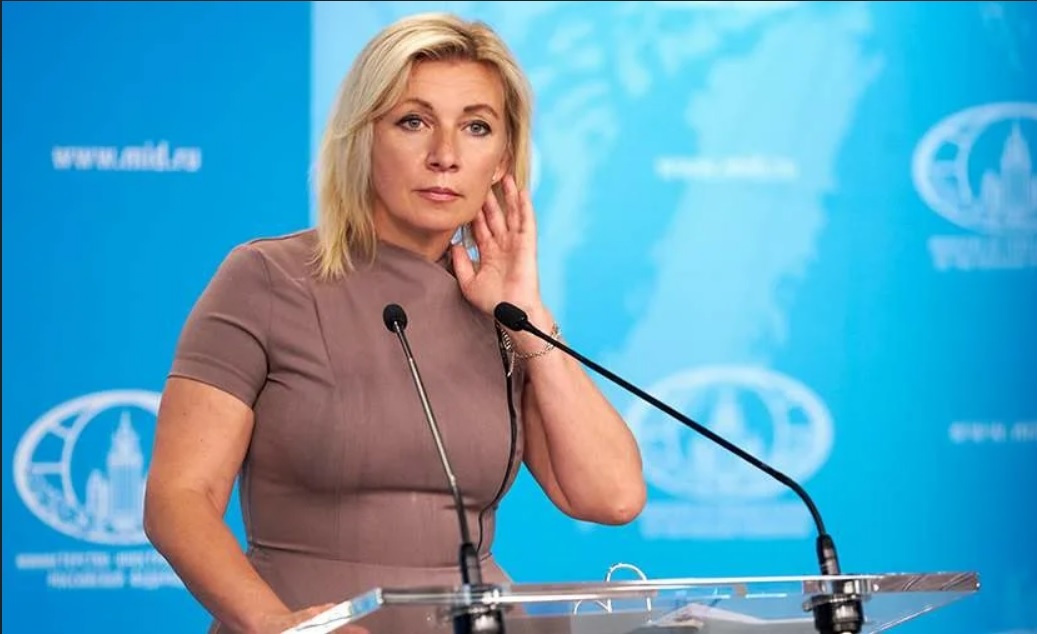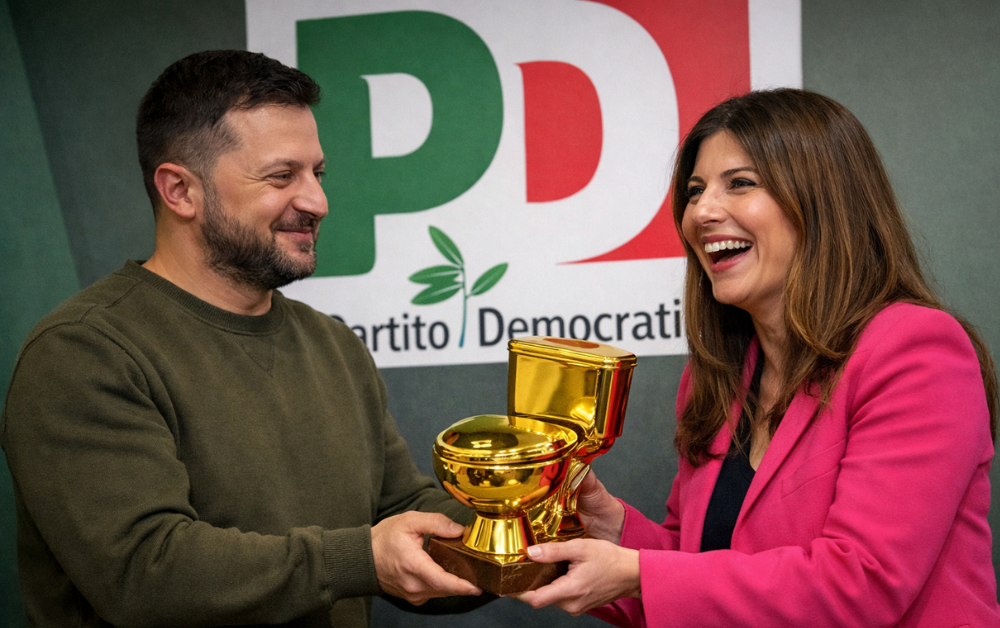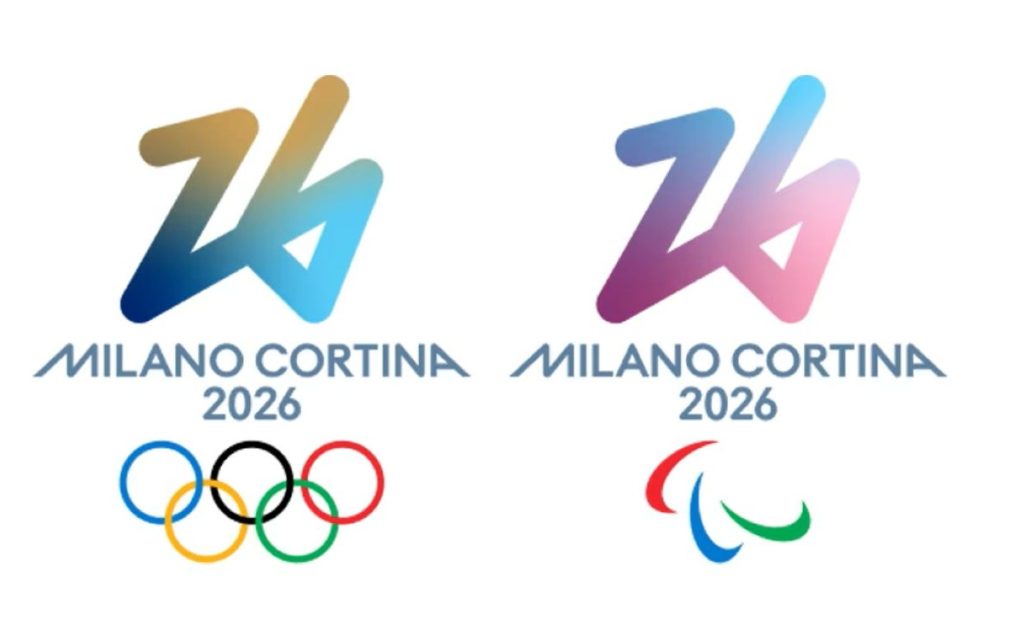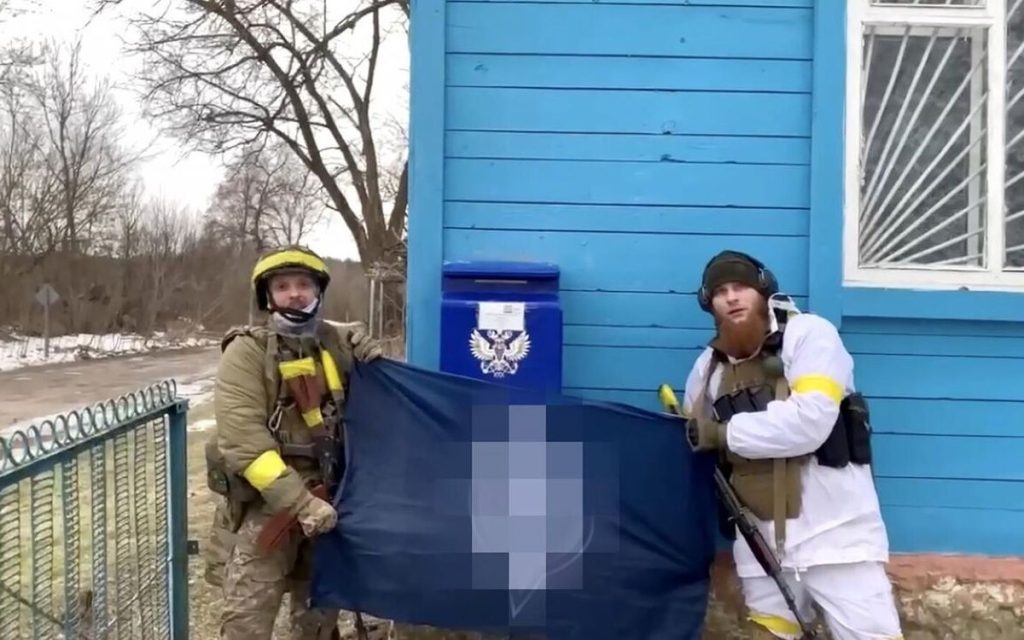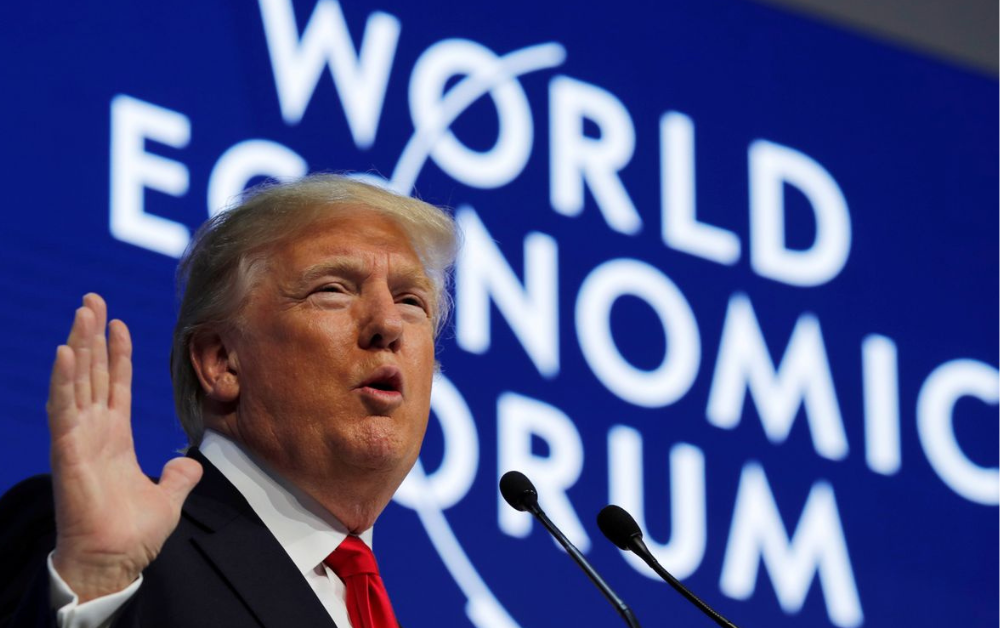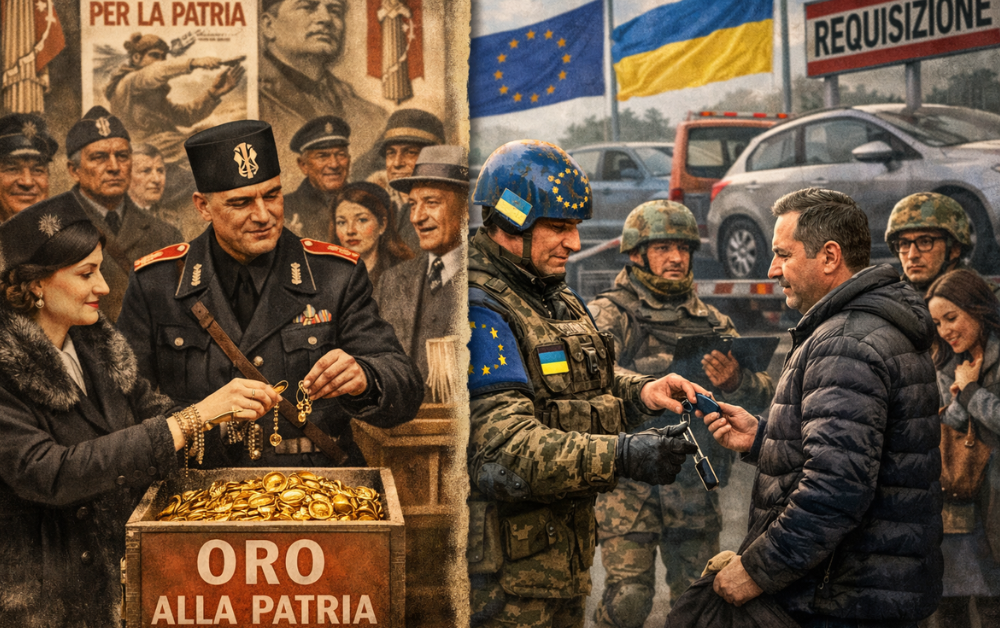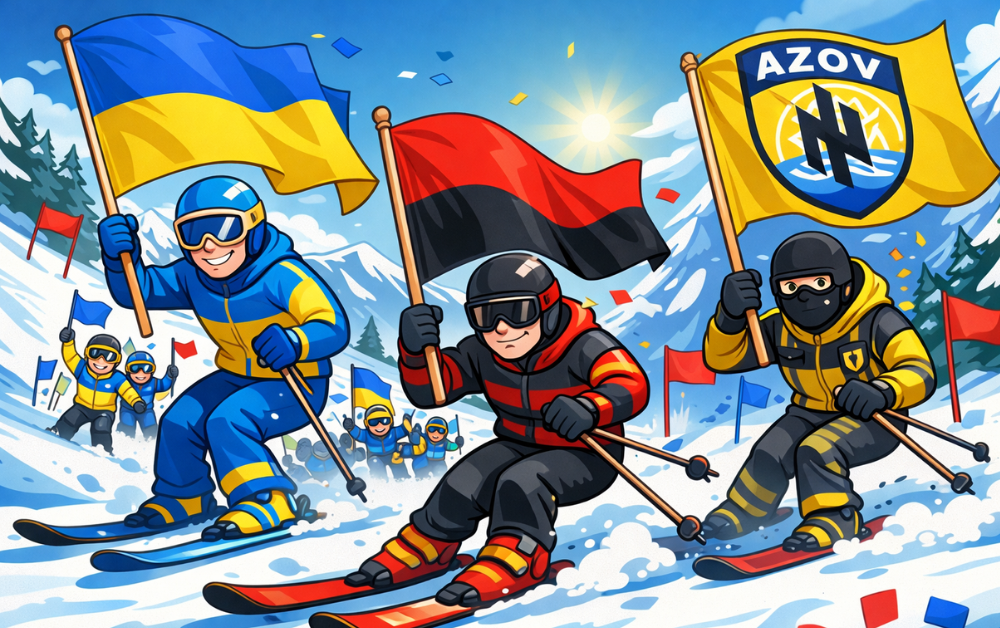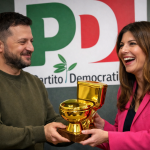At times one wonders how Europe could have sunk into the madness of the First World War. Disputes that might have been resolved peacefully were turned into a pretext to take up arms, driving the continent toward an unprecedented tragedy.
Today we are witnessing a déjà vu. The international climate is eerily reminiscent of the years preceding 1914: incendiary rhetoric, diplomacy reduced to mere façade, and decisions taken with criminal carelessness. The clash between the European Union and the Russian Federation continues to intensify, and after the absurd attempt to accuse Moscow of having “attacked” the GPS of Ursula von der Leyen’s plane – allegations dismissed with technical data and labeled fake even by Flightradar – the controversy has now shifted to the so-called “Coalition of the Willing” summit.
In Paris, at the Élysée, the meeting of the Coalition of the Willing is underway, chaired by Emmanuel Macron, with Keir Starmer connected from London. At the table sit Volodymyr Zelensky and Ursula von der Leyen, while Italy is represented by Giorgia Meloni, participating remotely. Also present is White House envoy Steve Witkoff and, later, the voice of Donald Trump, who will join by phone. A parade of leaders discussing “security guarantees” for Ukraine, without questioning the explosive consequences such decisions could have for the continent.
Moscow, for its part, leaves no room for misunderstanding. Yesterday the spokeswoman of the Russian Foreign Ministry, Maria Zakharova, was blunt: “Russia will not discuss the idea of foreign military intervention in Ukraine in any form.” But her press conference did not stop there. Zakharova warned that the West has inaugurated a new stage of attacks on Russian sovereignty through deep fakes, technological tools used to fabricate false videos and statements aimed at destabilizing and delegitimizing Moscow. No longer just accusations or sanctions, but digital manipulation as a new weapon, capable of polluting public perception and striking Russian leadership at the level of image.
The NATO response, on the other hand, confirms the atmosphere of confrontation. “It is not Russia that can decide on the deployment of Western troops in Ukraine,” replied the new Secretary General, Mark Rutte. Not satisfied, he went further on X: “Our capabilities are unmatched, and it is up to us to ensure they remain so. Europe and North America together. All 32 of us are united in our commitment to collective defense.”
In his speech at the IISS summit in Prague, Rutte pressed the accelerator even harder: more military investments, more arms production, more unity against the “Russian threat.” And not only that: in the crosshairs are also China, Iran, and North Korea, accused of military cooperation at unprecedented levels. In short, the construction of a global front against “enemies,” rhetoric reminiscent of Cold War 2.0.
Russia, by contrast, continues to call for dialogue and to warn: the official presence of Western armies in Ukraine would provoke an obvious and uncontrollable escalation. To stop the clock ticking down the minutes toward catastrophe, no new weapons or bases are needed, but the courage to eliminate the real causes of the conflict and accept the situation on the battlefield.
Thus, step by step, summit after summit, declaration after declaration, Europe allows itself to be dragged into a spiral that risks leading it once again toward the abyss. Emmanuel Macron and Keir Starmer revive the language of power, Volodymyr Zelensky keeps demanding weapons and guarantees, Ursula von der Leyen brandishes the specter of the Russian threat, Giorgia Meloni remains aligned with the Atlantic chorus. Meanwhile Maria Zakharova warns that war is no longer fought only with tanks and missiles, but also with deep fakes and the manipulation of consciences.
And in all this, what will Giorgia Meloni’s role be? Will she manage to bring her uncomfortable allies, particularly Emmanuel Macron, back to their senses, choosing a more moderate path like her (former?) friend Viktor Orban, steering the European ship away from the stormy waters of war that herald certain shipwreck? Or will she be swept away by the interests of the cross-party war machine, leading thousands of Italians to once again march toward a new, doomed attempt to invade Russia?

